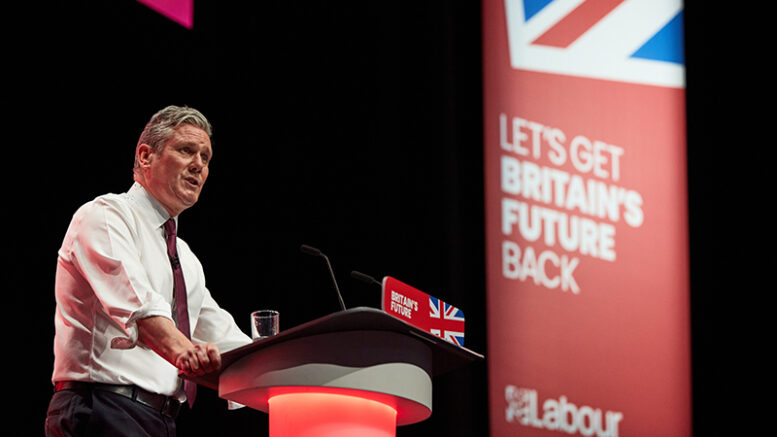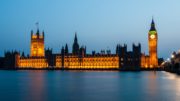Landlords across the UK are bracing for potential tax increases after Prime Minister Keir Starmer suggested that those earning income from property and investments do not fit his definition of “working people”. Speaking at the Commonwealth Heads of Government Meeting in Samoa, Starmer reignited concerns that landlords may be targeted in upcoming fiscal policies.
PM’s definition excludes property investors
During a press briefing, Starmer was asked to clarify Labour’s manifesto pledge to protect “working people” from paying more taxes. He stated that “those people who work hard and are anxious about whether they can make ends meet” are considered working people. When pressed on whether individuals who earn income from assets like shares and property fall into this category, he told Sky News: “Well, they wouldn’t come within my definition. I think people watching this will know whether they’re in that group or not.”
Government hints at capital gains tax changes
No 10 later attempted to clarify the Prime Minister’s remarks, with a spokesperson explaining: “He’s accepting that people have some savings. Those might be cash savings, or stocks and shares ISA savings or whatever. So, it’s not precluding people that have a small amount of savings. Those individuals clearly are working people.”
Despite earlier reports that Chancellor Rachel Reeves would not target landlords in her upcoming Budget speech next Wednesday, Starmer’s comments have fuelled speculation that both landlords and shareholders could face higher rates of Capital Gains Tax. This potential shift comes as the government considers unwinding property tax breaks introduced by the Conservatives in 2022.
Landlords express concern over financial impact
A policy change could mean landlords would soon have to pay up to £14,766 in stamp duty on an average home sale-the largest bill on record, according to estate agency Hamptons. John Davies, a landlord from Manchester, said, “I’ve worked hard to build my property portfolio over the years. Hearing that the Prime Minister doesn’t consider me a working person is disheartening. Increased taxes would significantly impact my livelihood and could discourage investment in the rental market.”
Property investors are now anxiously awaiting the Chancellor’s Budget announcement for confirmation on potential tax changes. Many fear that higher taxes could lead to increased rental prices as landlords pass on the costs to tenants, potentially exacerbating the housing affordability crisis.
As the government seeks to balance fiscal responsibility with economic growth, the property sector watches closely, concerned about the broader implications for the housing market and investment landscape in the UK.








